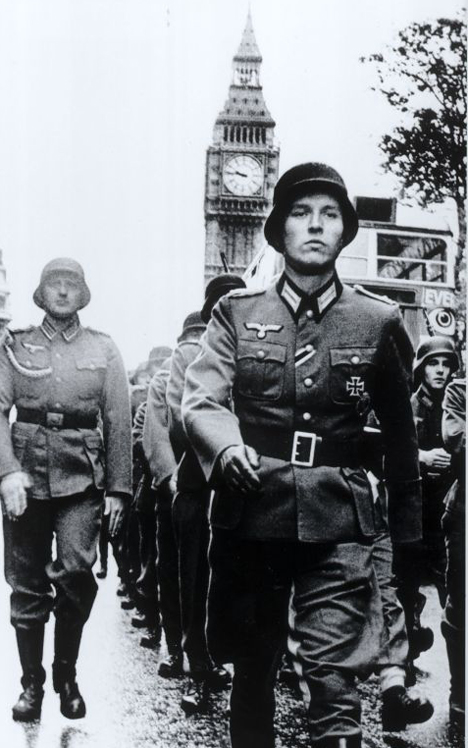From The Ashes…
A BRITISH POLITICS TLIAD

What?
You’re doing another TLIAD?
Yes; I enjoyed doing the few I did last year and I got good feedback on them.
Still trying to make an ‘in’ with the politibrits?
…Shut up.
Is this just going to be a Nazi-edition of Meadow’s frankly superior and masterful Soviet Britain TLIAD?
I thought I was the one trying to cosy up with the politibrits?
You’re avoiding the question-
It’s inspired by the idea behind it, I’ll say that much.
I’m not hearing a no…
I’m not saying a yes.
…
…
Go on then.
Pardon?
Impress me.
Or try to.